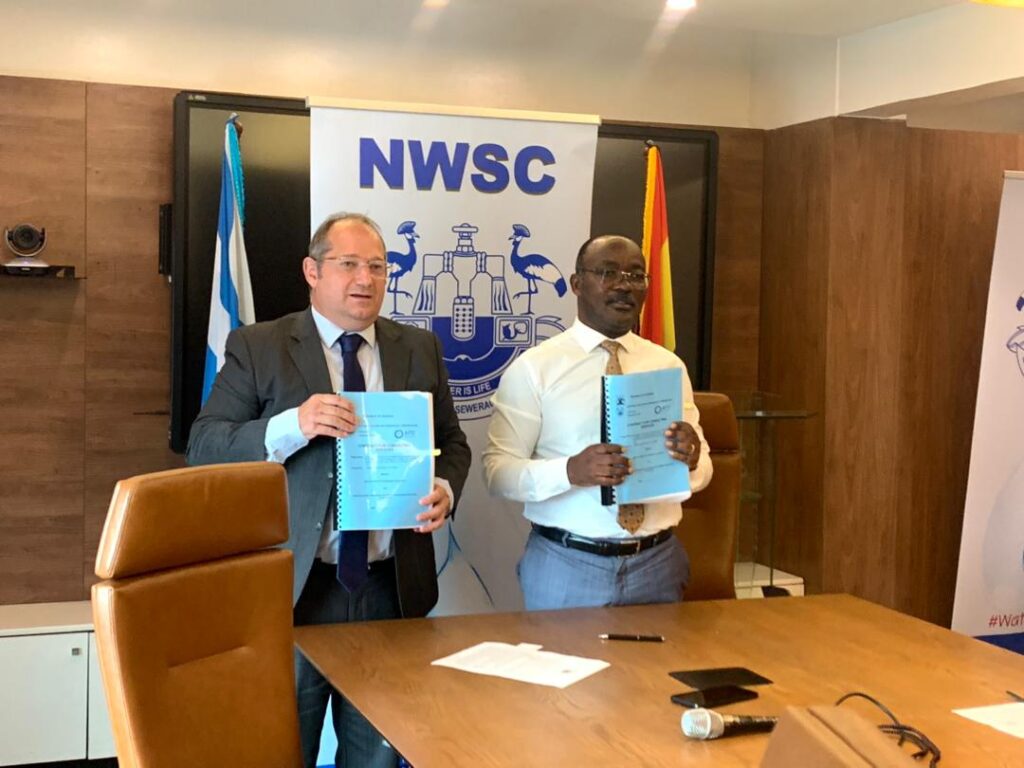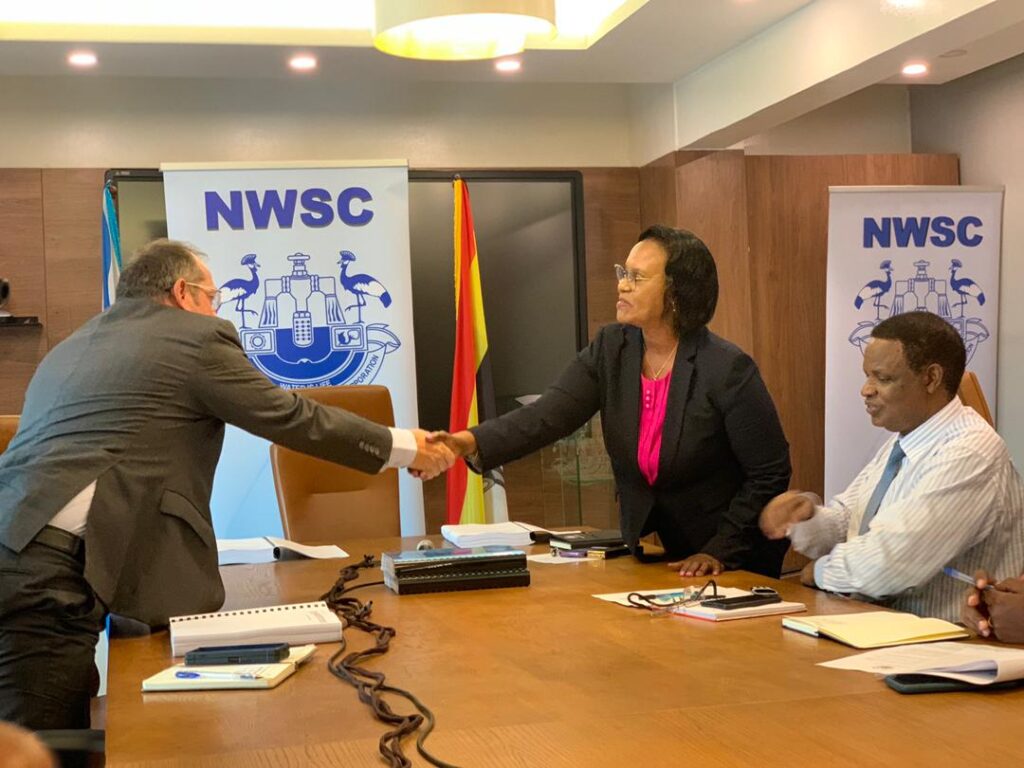
The Government of Uganda has successfully secured a grant financing from the Agence Francaise de Development. This funding is intended for consultancy services to conduct a feasibility study for a development project, focused on water and sanitation infrastructure in the newly designated cities of Fort Portal, Hoima, and Lira.
The comprehensive project comprises four major components, including the construction of a conventional water treatment plant with its associated infrastructure, the rehabilitation, upgrading, and expansion of the existing sewer network, as well as the refurbishment and expansion of the sewage treatment plant, and the expansion and improvement of water supply and sanitation services, particularly targeting urban poor communities.
While addressing journalists at the National Water and Sewerage Corporation (NWSC) headquarters in Nakasero, the NWSC Managing Director, Dr. Eng. Silver Mugisha said the existing water supply systems in all the three cities are currently producing less than 70% of their design capacity due to hydraulic bottlenecks, old electromechanical equipment and deficiencies in plant designs.
Despite recently attaining city status, Fort Portal, Hoima, and Lira still grapple with low sewer network coverage and outdated infrastructure. Fort Portal’s raw water source, River Mpanga, has suffered degradation due to inappropriate land use practices within the river catchment. Meanwhile, Hoima relies on groundwater as its raw water source, which is both unreliable and insufficient to meet the growing water demand in the oil city.
With the successful implementation of this project, a combined target population of over 1,050,000 people in the areas of Fort Portal, Hoima, and Lira will benefit by the year 2040. This endeavor will also contribute to the achievement of the Sustainable Development Goals, particularly those related to water and sanitation.



